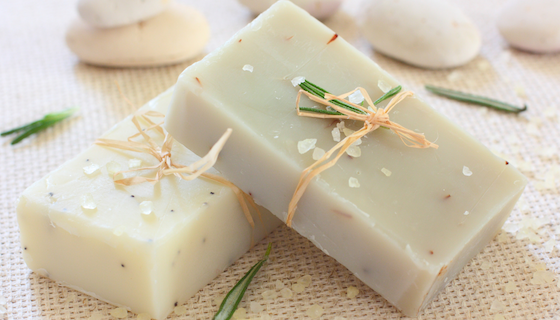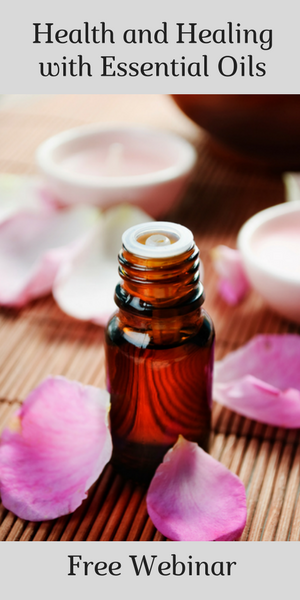Ease Strep Throat Symptoms Naturally
I think we can all agree that it’s no fun to be sick, but there’s just something about a sore throat that makes being sick so much worse! Maybe it’s because it hurts to eat, drink, or even breathe. That’s why I am sharing my natural remedies for strep throat.
What is Strep Throat?
When you have a sore throat, it’s simply a pain in your throat, typically caused by a virus. But strep throat is more serious; it’s an infection of the throat caused by bacteria with these symptoms:
- Sore throat
- Red and swollen tonsils
- Red and white spots on the palate
- Swollen lymph nodes in your neck
- Fever
- Headache
- Body aches
The bacteria that causes strep throat is called Streptococcus and this is what your doctor is checking for when he swabs the back of your throat.
Traditional Treatments
After that swab, if it comes back that your have strep your doctor will likely prescribe an antibiotic. While I feel that prescription medication has its place, you should be cautious when it comes to taking antibiotics. Studies show that they can improve strep symptoms after about 3-4 days and only cut the length of the illness by one day (source). And when you consider the side effects, it may not be worth it.
The side effects of antibiotics include digestive problems (nausea, vomiting, diarrhea, stomach pains), fungal infections, fever, anaphylaxis, and kidney failure.
Natural Remedies for Strep Throat
Here is what I do when someone in my family may have strep throat:
- Supplements, such as:
- Elderberry – this is my go-to supplement during the winter months. Elderberry is effective as an antibacterial AND antiviral. You can drink it, take a capsule, use the powder, they even sell elderberry lozenges.
- Vitamin C – since it boosts your immune system and kills infections, I recommend vitamin C anytime you’re not feeling well.
- Echinacea – its anti-inflammatory properties can reduce the swelling and relieve the pain in your throat. There are also studies suggesting that the compound echinacein, keeps bacteria and viruses from entering healthy cells (source).
- Vitamin D – not only does vitamin D boost immunity, deficiencies have also been linked to respiratory infections.
- Essential Oils, such as:
- Thyme – helps reduce muscle spasms, which can help when you have a nasty cough.
- Tea Tree – often used as an antiseptic to treat infections. Also has powerful antibacterial and anti-inflammatory effects.
- Eucalyptus – another antiseptic to help with sore throats and coughs.
- Lemon – high in vitamin C and assists in cleansing toxins from the body to help you feel better.
- Peppermint – menthol, an active ingredient in peppermint oil, cools and soothes the throat.
- Ginger – is known for its anti-inflammatory properties, which can help relieve throat pain.
- Food & Drinks, such as:
- Raw honey – a known antioxidant, anti-inflammatory, antiviral, and antimicrobial that can suppress a cough.
- Tea – teas, like chamomile, have antioxidants that will help reduce pain, congestion, and inflammation. Other teas, like dandelion boost your immune system.
- Apple cider vinegar – drink with 1 cup of warm water to benefit from its antibacterial properties (because of the healing compound, acetic acid).
- Bone broth – not only will it keep you hydrated, but bone broth can help ease sore throat symptoms.
To get started with certified pure therapeutic grade essential oils, email Leann@GroovyBeets.com. Leann will create a custom protocol for your specific heath needs and goals.
 |
Disclosure: this post contains affiliate links.
 Login
Login









